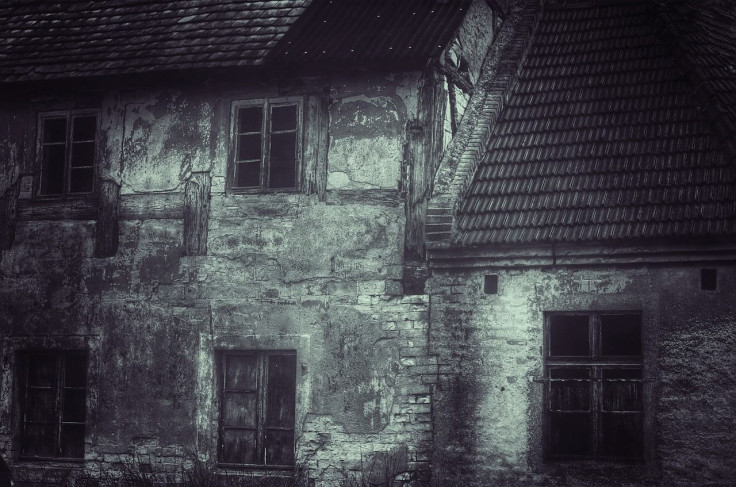Indonesia Punishes Coronavirus Quarantine Violators By Locking Them In 'Haunted House'
KEY POINTS
- Newcomers at Sragen Regency are required to quarantine for 14 days
- Those who refused to quarantine are punished by being locked up in a 'haunted house'
- Three people have been locked in the haunted house so far
All over the world, millions of people were under quarantine in an effort to slow the spread of the coronavirus, but there were also those who continue to violate the rules. In Indonesia, violators of the quarantine were punished by being locked inside supposedly haunted houses.
Amid the lockdowns in Jakarta and other major Indonesian cities, many people flocked to other regions of the country. With more people travelling to Sragen Regency in the eastern part of Central Java, the newcomers were required to self-isolate for 14 days after arriving to prevent the spread of the coronavirus in the area.
However, many were refusing to cooperate. Therefore, regency head Kusdinar Untung Yuni Sukowati issued an unusual punishment for the rule-breakers: lock them inside haunted houses.
For the punishment, officials at Sepat village converted a long-abandoned home into a temporary detainment center outfitted with distanced beds that were separated by curtains.
So far, the village locked up three recently-arrived residents who were forced to spend the remaining days of their 14-day quarantine in the "haunted house."
This was not the first time Indonesian officials used superstitions to enforce coronavirus guidelines. This past month, Kepuh Village in Java was patrolled by "ghosts" so that people would stay in their homes.
In a coordination between a local youth group and the police, people dressed up as "pocong" and patrolled the streets at night. In Indonesian folklore, pocong, also known as shroud ghost, was said to be the soul of a dead person trapped in its shroud.
Initially, the strategy had the opposite effect, as it brought residents out of their homes to see the "apparitions." However, it seemed to work better after the organizers changed their tactic to launching surprise patrols and having the pocong jumping out of the shadows to surprise unsuspecting passersby.
"Since the pocong appeared, parents and children have not left their homes," resident Karno Supadmo said, according to Reuters. "And people will not gather or stay on the streets after evening prayers."
As of April 22, Indonesia has reported 7,135 coronavirus cases and 616 deaths, according to a tally by Worldometers.

© Copyright IBTimes 2024. All rights reserved.






















